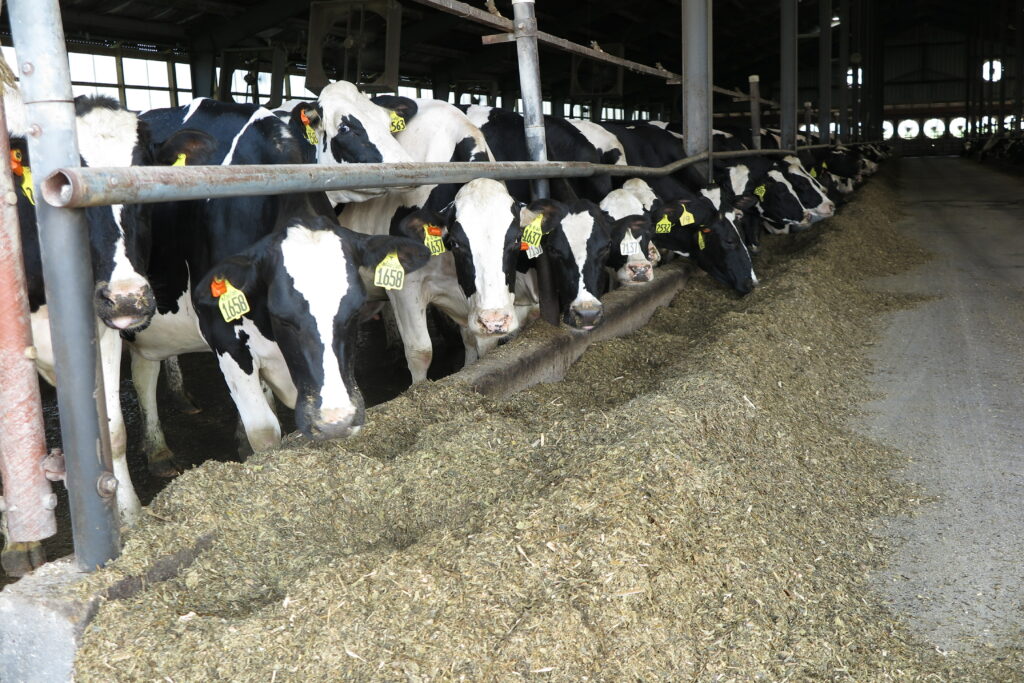
to control pricing, waive environmental regulations, endanger workers and residents, and pollute at will. (Photo/Keith Schneider)
Two years of investigation into the causes and myriad health and environmental consequences of America’s dangerous industrialized farm practices finally enabled me to develop the one-line elevator explanation of what’s really going on. Essentially, U.S. agriculture is a rogue industrial enterprise financed with hundreds of billions of public dollars and operating without constraint within the laws it contorted for its own benefit.
The consequence is that agriculture is the worst water polluter in the nation’s history. It’s one of the worst air polluters. It’s driven millions of people off the land, out of communities, and sickened tens of thousands of Corn Belt residents. And because government malfeasance enabled big companies to buy smaller companies and develop into monopolies, impeding competition, Big Ag now sets ever higher prices for food.
I’ve told this story through the lense of one primary cause — crop farmers and livestock producers convinced Congress and state legislatures to essentially immunize agriculture from environmental oversight. Those waivers of water and air protection statutes enabled producers to avoid the cost of responsibly managing the largest waste stream of any industrial sector in U.S. history. Had the farm sector been held accountable for its wastes it would have been required to operate in ways that keeps fertilizer, manure, and pesticides out of surface and groundwater. That, in turn, would have kept farms operating at a smaller scale to bring environmental costs into line with revenue.
In his new book, Barons – Money, Power, and the Corruption of America’s Food Industry (Island Press, 2024), Austin Frerick unveils another primary source of Big Ag’s capacity to develop into immense farm operations. Those same federal lawmakers who immunized agriculture from environmental oversight also helped producers evade antitrust enforcement. In doing so lawmakers made it easy for big companies to swallow each other and become monopolies that control markets, weaken competition, pollute at will, injure and kill workers, drive smaller operations out of business, and raise consumer prices.
In seven well-documented chapters Frerick reveals the consequences of monopoly control by big corporations – what he calls “barons” — in the hog, grain, coffee, dairy, berry, slaughter, and retail grocery sectors of American food production. Walmart controls a third of U.S. grocery sales. The top four hog producers control about 70 percent of the pork market. The top four poultry processing firms control 54 percent of the market for chickens and turkeys. In Iowa alone, there are around 85,000 farms. That’s 65,000 less than in 1970.
As markets came under monopoly control family farm incomes fell off a financial cliff. The federal Department of Agriculture reports that in the 1970s ranchers earned over 60 cents of every dollar consumers spent on beef. Today it’s under 40 cents. Hog farmers got 40 to 60 cents on each dollar spent in the 1970s. Today it’s under 20 cents.
Frerick lays the blame for agriculture’s transition from the yeoman farmer to rapacious polluting barons at the feet of one man — Robert Bork. Before he became famous for executing Richard Nixon’s Saturday night massacre of Justice Department leadership in 1973, and being rejected as a Supreme Court nominee in 1987, Bork was a law professor at the University of Chicago Law School.
At the time the U.S. government still regarded as sacrosanct three existing statutes that assured market competition. The Sherman Antitrust Act of 1890 outlawed monopolistic business practices. The Clayton Act of 1914 prohibited discrimination in product pricing, meaning that sellers couldn’t raise prices for one group of buyers and lower them for others. The 1921 Packers and Stockyards Act prohibited unfair and discriminatory conduct in the marketplace and established standards for fair pricing.
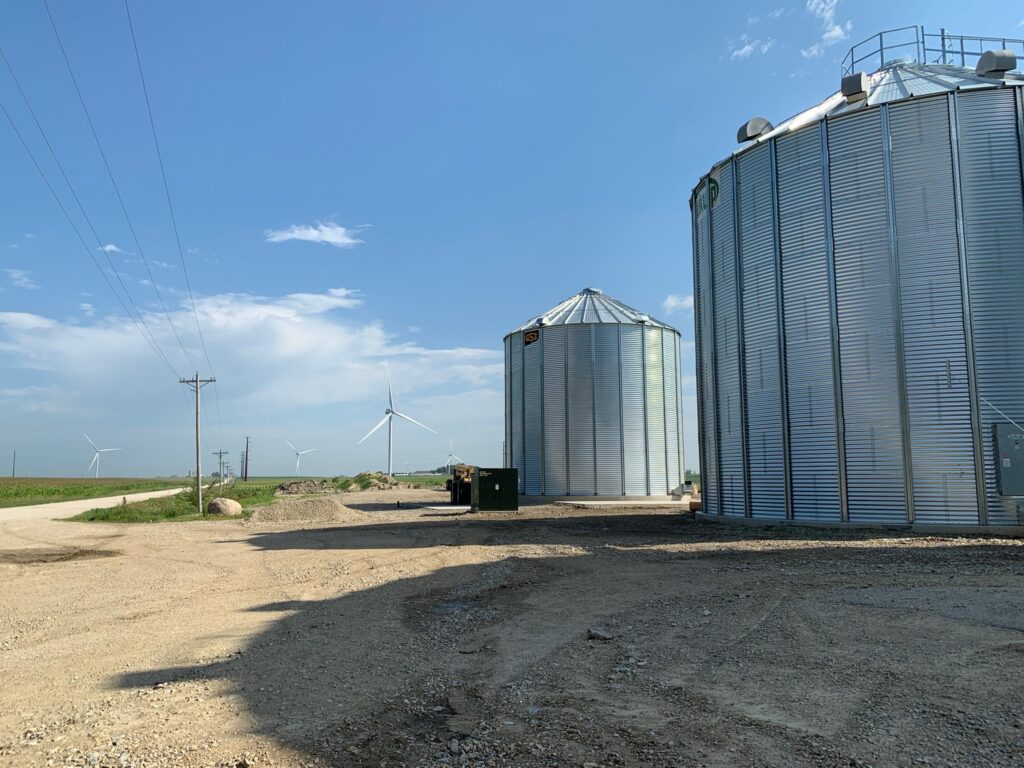
Ranchers and farmers thrived as a result of these statutes, and so did consumers. In 1918, the five largest meatpacking companies in the country controlled 55 percent of the meat market. By 1976, the four largest controlled only roughly 25 percent of it.
In 1978, Bork published The Antitrust Paradox, which unraveled all these safeguards for farmers and consumers. Instead of worrying about market dominance and monopoly control, said Bork, the government should weigh company mergers and acquisitions against a new and exclusive standard — the effect on consumer prices. What Bork called the “consumer welfare standard.”
Bork’s framework “considers a monopoly detrimental to society only if it leads to higher prices for consumers,” writes Frerick. “As long as an economist can argue that prices may go down as a result of a merger, a company’s accumulation of market power and the disappearance of its competitors doesn’t matter.”
The “radical reorientation of antitrust policy and its core principles” in the nearly half century since Bork’s book was published helped rewrite American rules of farming and food production. Today, the top four meatpacking companies control 82 percent of the U.S. beef market, according to federal figures. Along with dominating food products a handful of monopoly companies control grain production and trade, seed production, implement manufacturing, and insecticide and herbicide manufacturing.
Talk about a system that is rigged. Those companies form a bloc of powerful interests that influence the White House, Congress, governors, and legislatures to impede legislation and regulation to protect farmers, workers from on-farm hazards, and residents from pollution. The result is an environmental emergency from farm nutrients and chemicals contaminating air and water in agricultural states, and a public health emergency in the Corn Belt states where cancer incidence is steadily rising since 2012 while national cancer incidence has been declining.
In ruining the economic balance between farmers and their buyers, writes Frerick, Bork’s rewrite of antitrust law pushed family farms out of business, wrecked small towns, and helped generate the financial desperation, cultural anger, and attacks on Democracy from the rural MAGA right, especially in the agricultural center of the country. “The government often operates on the assumption that larger firms can create ‘efficiencies’ — usually a polite word for layoffs — that will lead to lower prices for consumers,” Frerick writes. “But the reality is that instead of lower price, they often lead only to higher pay for executives and bigger portfolios for shareholders.”
“Concentration of economic power has long been closely associated with a rise in extremist politics. Authoritarian prey on people who see their communities crumbling and feel that they are losing power over their lives and their financial future,” says Frerick. “It’s not a coincidence that as economic balance is disappearing, political balance is fading with it.”

It’s a merciless legacy but one that Frerick knows intimately. Born and raised in Cedar Rapids, Iowa he’s 34 and the oldest of three children raised by a trucker and his wife who opened a successful bakery and coffee shop that was forced to close due to price cutting competition from the likes of national coffee chains owned by JAB Holding Company, a European conglomerate that is the subject of Chapter 3.
The literature of predatory and oppressive behavior by the American farm sector is rich in useful accounts. Several come immediately to mind. Upton Sinclair’s The Jungle, a 1906 novel of Chicago’s filthy stockyards and meat packing plants, galvanized Congress to act. Jim Hightower’s 1972 Hard Tomatoes, Hard Times excoriated land grant universities captured by farm corporations. Dan Morgan’s 1979 Merchants of Grain disclosed the five companies that controlled the world’s grain trade. Michael Pollan’s The Omnivore’s Dilemma examined the effects of our eating choices on the environment and farm animals.
Time will tell whether Austin Frerick’s Barons joins that elite list. It certainly could given how well he’s structured the story, how seamlessly he grapples with complex policy, and how effortlessly he guides readers through the consequences for so much of American real estate, so many communities, and so many people.
Educated at Grinnell College and the University of Wisconsin, where he earned a Masters in policy, Frerick began his career in Washington as a researcher at Congressional Research Service. Very quickly he moved to the Treasury Department as a tax economist and became interested in the effect of diminishing antitrust enforcement on corporate revenue and taxes. He met Lina Kahn, then a lawyer and journalist, and author of a well-regarded law review article on antitrust policy and monopolies. She is now head of the Federal Trade Commission, which oversees acquisitions and mergers, and was influential in delivering President Biden’s July 2021 Executive Order to promote competition in the American economy.
(Frerick doubts that much will come from the president’s work to promote competition in the poultry market. The president is from Delaware, the prime source of Perdue’s chicken farms and processing plants, which have polluted Chesapeake Bay for decades without interference from Biden.)
In 2017, following Donald Trump’s election, Frerick returned to Iowa and in 2022 unsuccessfully campaigned as a Democrat for a state Senate seat in Cedar Rapids. During that period he met with countless community leaders and local newspaper editors in his district and developed the idea of writing about the effects of antitrust deregulation on Iowa. Those effects grew more dire each year of Frerick’s life in the country’s largest producer of corn, soybeans, and hogs.
“It’s heartbreaking,” he said in an interview. “It happened in slow motion. Animals don’t disappear overnight. But then they’re gone. You just realize things slowly fall apart. The towns slowly die. I just felt like I want to write a book. I didn’t feel like there was a book out there that told this bigger picture of what happened to the food system, and to the state over the last few decades.”
— Keith Schneider
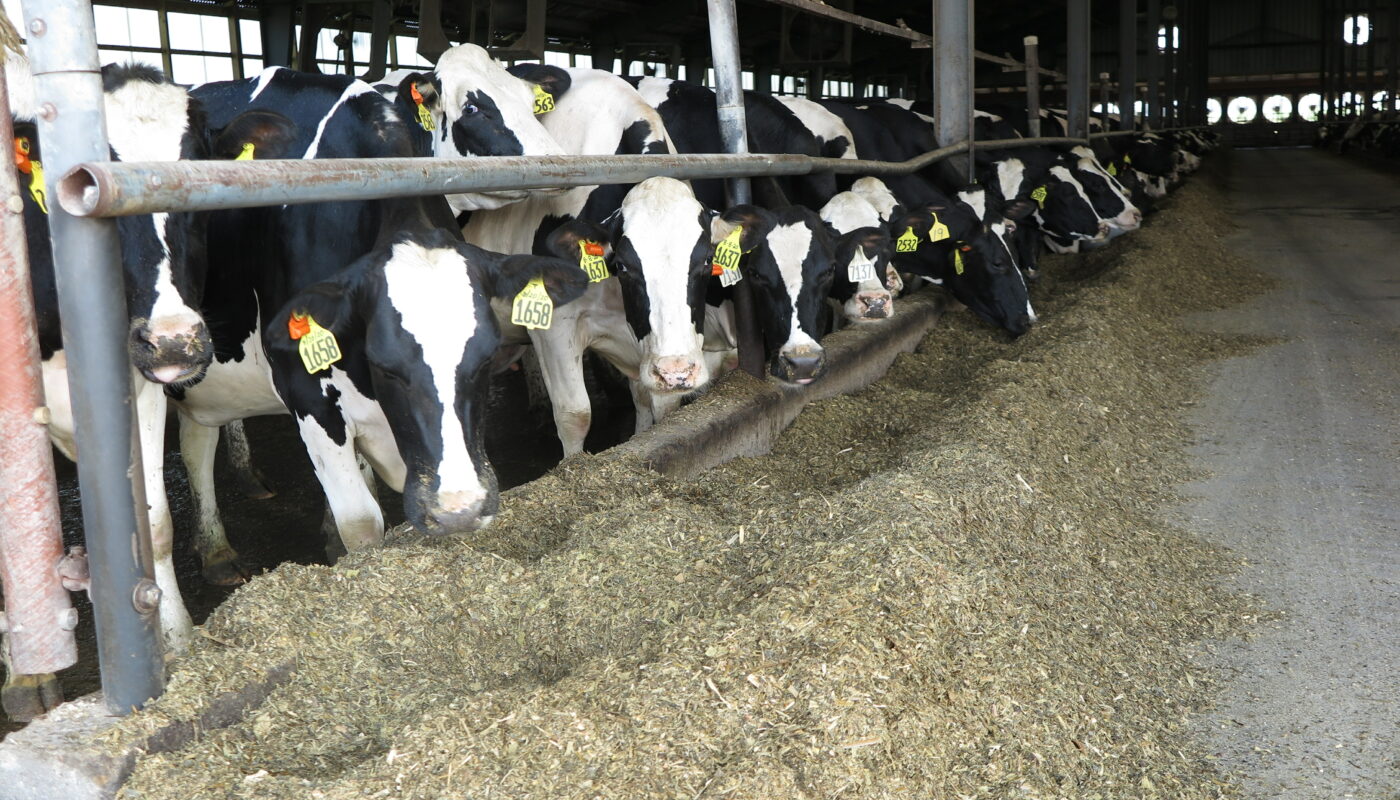
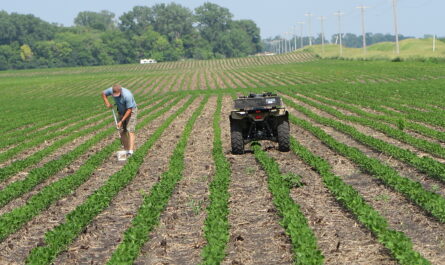

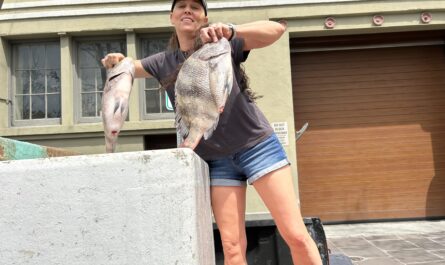
One thought on “Austin Frerick’s “Barons” Uncovers A Second Systemic Farm Scandal – Antitrust Waivers”